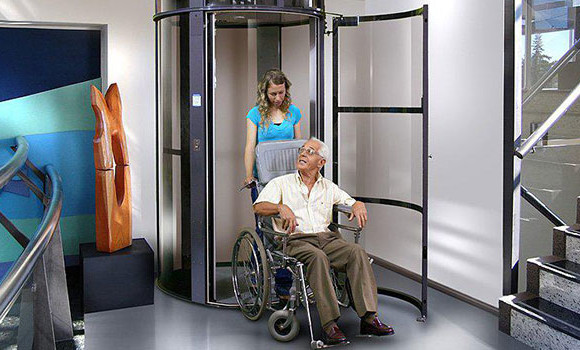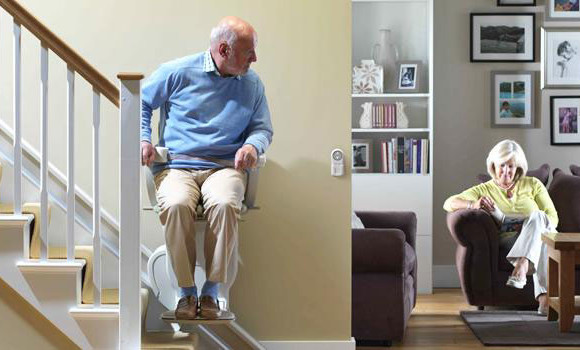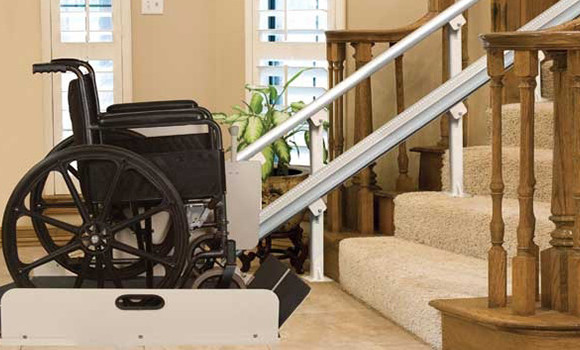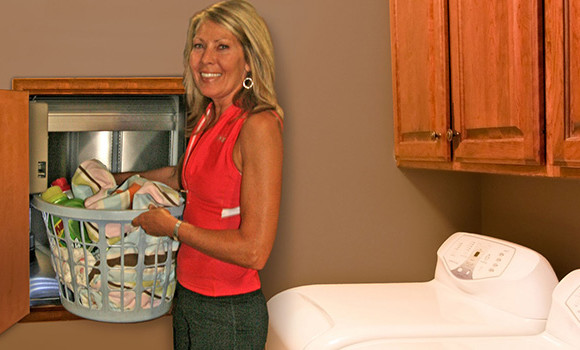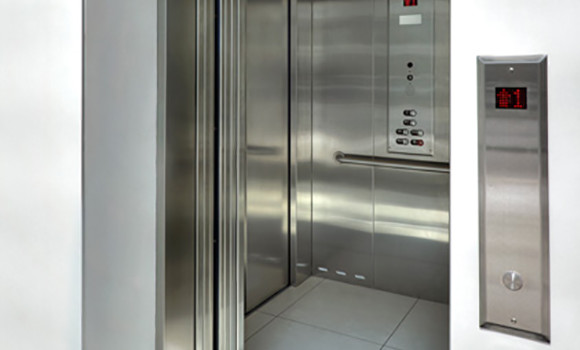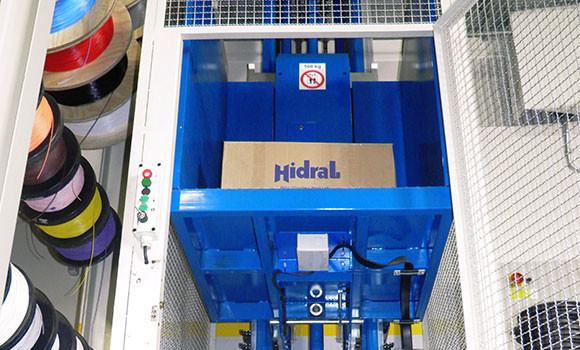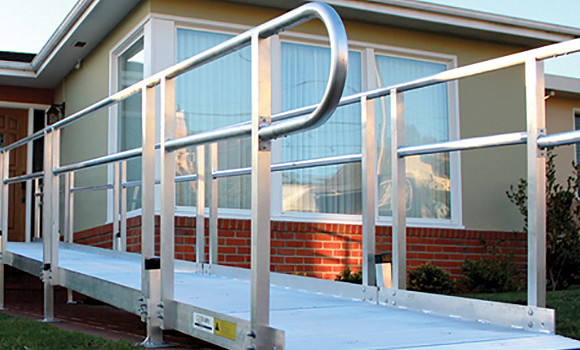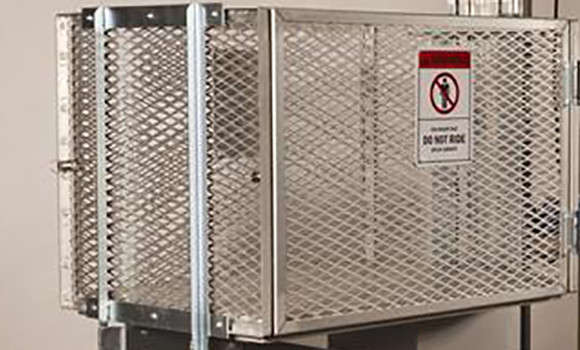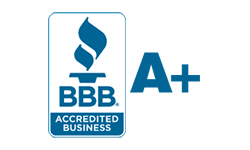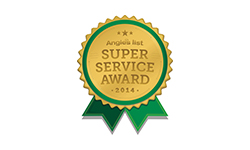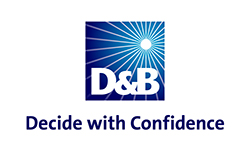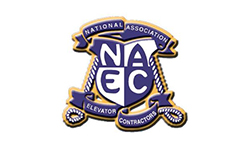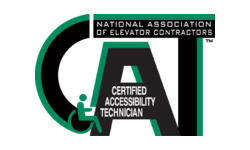How Often Does A Home Elevator Require Maintenance?
Home elevators, like any mechanical system, require regular maintenance to ensure safety, reliability, and longevity. The frequency of maintenance depends on several factors, including the type of elevator, its usage, and the manufacturer’s recommendations. Custom Home Elevator offers elevators in Lancaster, OH, Cincinnati, Lima, OH, Richmond, IN, Delaware, OH, Bloomington, IN and surrounding regions.
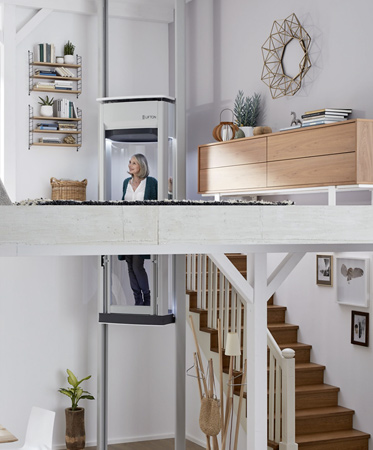
This is a breakdown of the typical maintenance schedule for home elevators:
- Manufacturer’s Recommendations: The manufacturer of the elevator usually provides guidelines for maintenance intervals. These recommendations are based on engineering specifications, industry standards, and the specific components used in the elevator. It’s crucial to adhere to these guidelines to keep the elevator in optimal condition.
- Usage Frequency: The frequency of maintenance can vary depending on how often the elevator is used. A heavily used elevator may require more frequent maintenance than one used sparingly. Regular inspections can help determine if the elevator needs maintenance sooner than scheduled based on its usage patterns.
- Annual Inspections: Most home elevator manufacturers recommend annual inspections by qualified technicians. During these inspections, the technician will check various components of the elevator, including the mechanical and electrical systems, safety features, and structural integrity. Any issues found during the inspection can be addressed promptly to prevent further problems.
- Lubrication and Cleaning: Lubrication of moving parts is essential to reduce friction and wear. Depending on the elevator type and manufacturer’s recommendations, lubrication may need to be done monthly, quarterly, or semi-annually. Additionally, regular cleaning of the elevator cab, doors, and components helps prevent dirt buildup and ensures smooth operation.
- Safety Testing: Regular safety testing is crucial to ensure the elevator complies with safety standards and regulations. Safety tests may include checking emergency stop buttons, door sensors, and overload sensors. These tests are typically performed during scheduled maintenance visits.
- Emergency Repairs: In addition to scheduled maintenance, home elevators may require emergency repairs from time to time. Malfunctions or breakdowns should be addressed promptly to minimize downtime and ensure the safety of occupants. Many elevator service providers offer 24/7 emergency repair services for such situations.
- Updates and Upgrades: As technology advances and safety standards evolve, it may be necessary to upgrade or retrofit certain components of the elevator. These updates help ensure compliance with current regulations and improve performance and safety.
In summary, home elevators require regular maintenance to ensure safe and reliable operation. Following the manufacturer’s recommendations, scheduling annual inspections, performing routine lubrication and cleaning, conducting safety testing, addressing emergency repairs promptly, and considering updates and upgrades are essential aspects of elevator maintenance. By prioritizing maintenance, homeowners can enjoy the convenience of their home elevator for years to come. If you need assistance, we’re just a phone call away.

